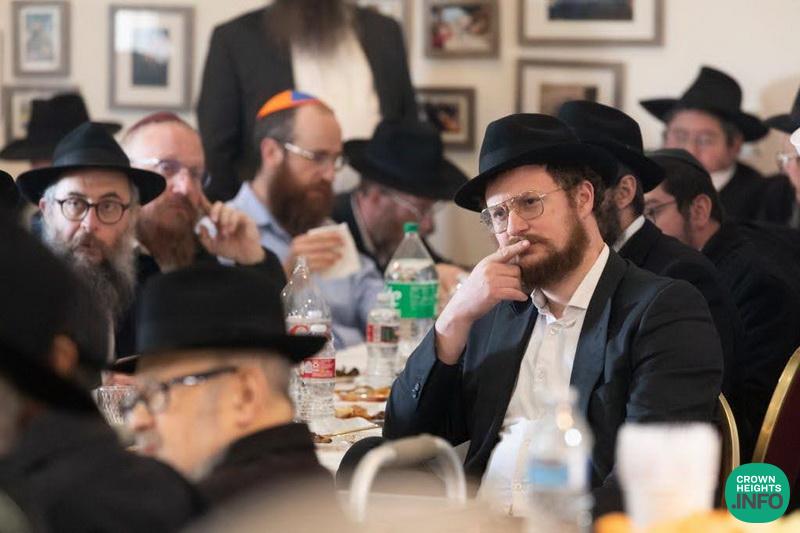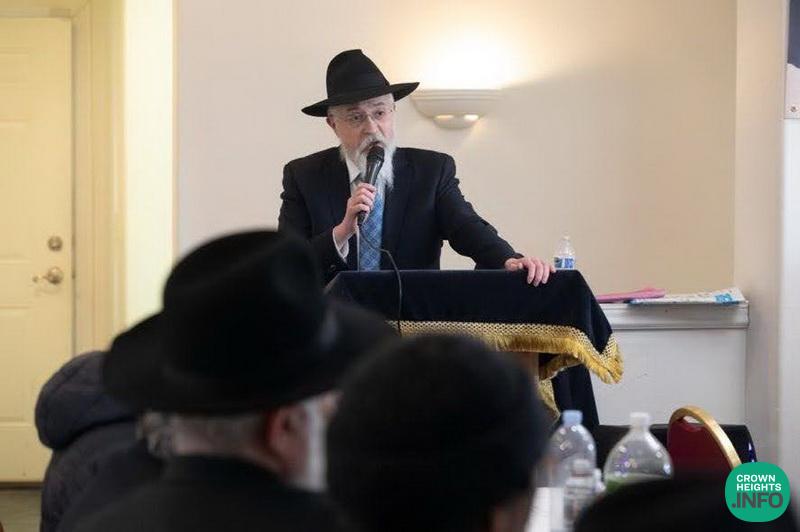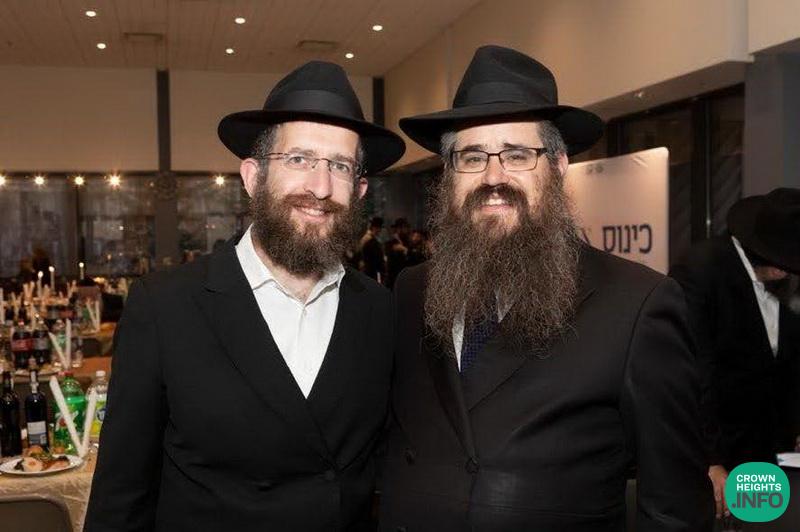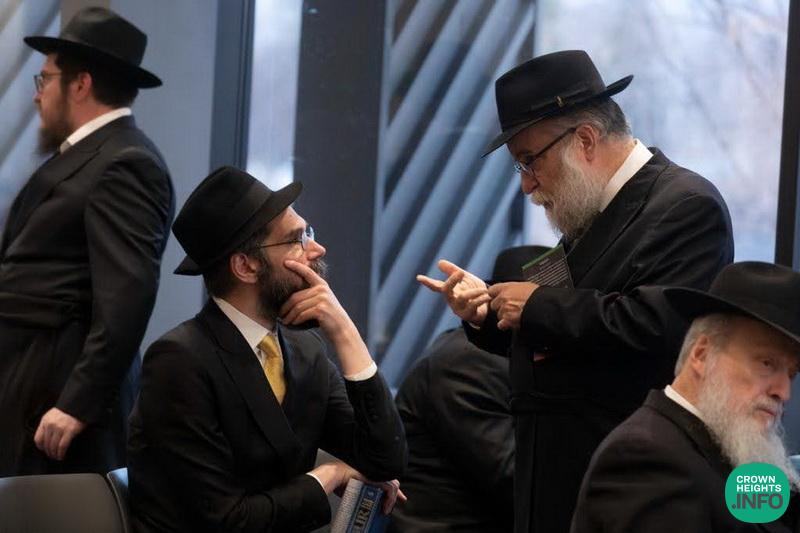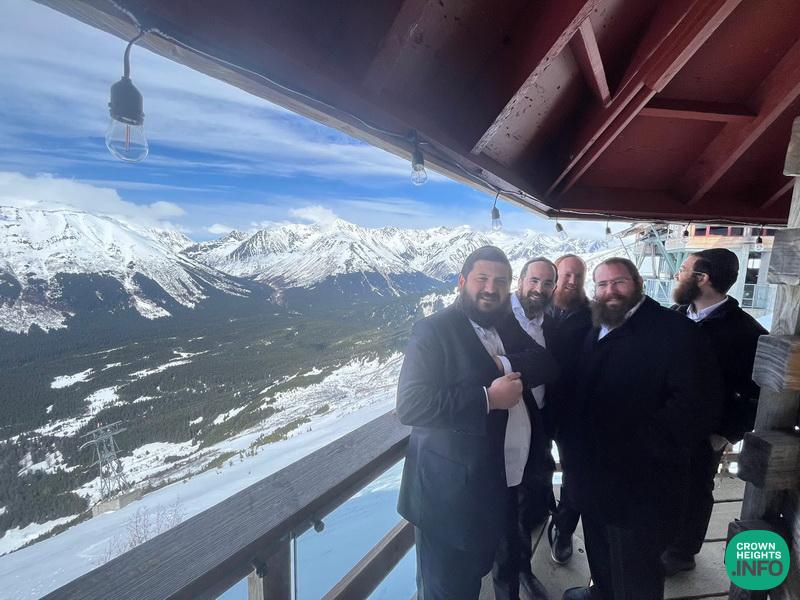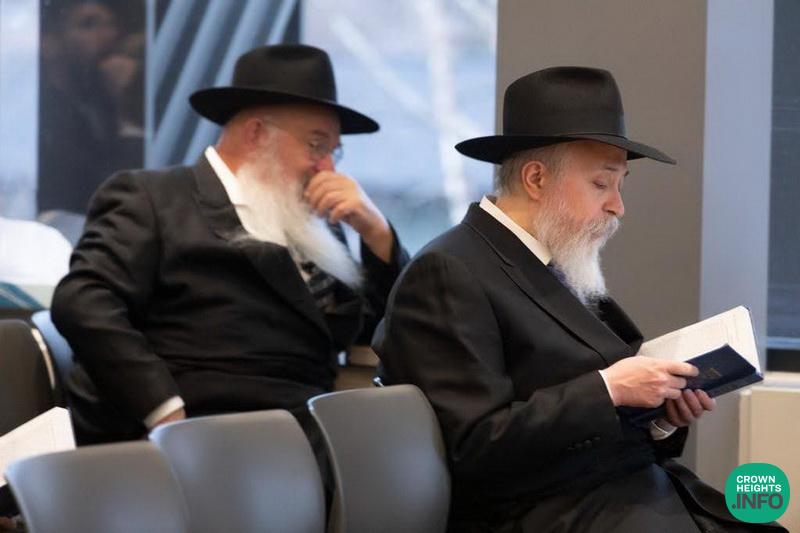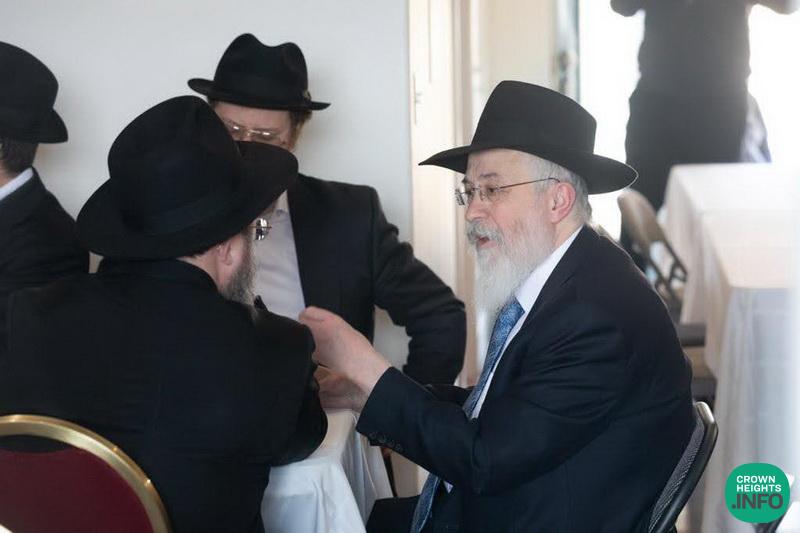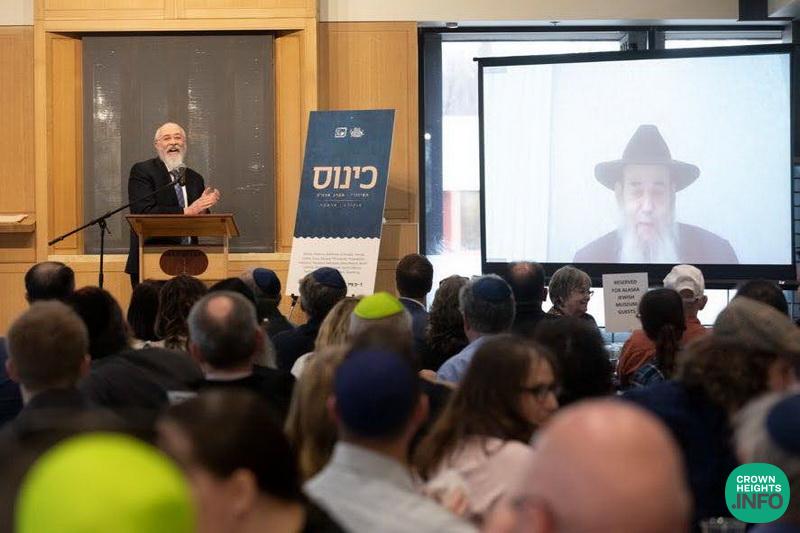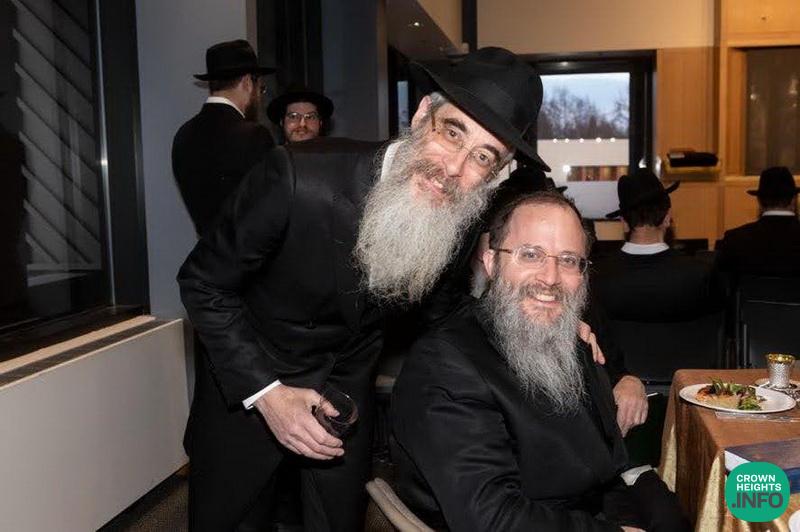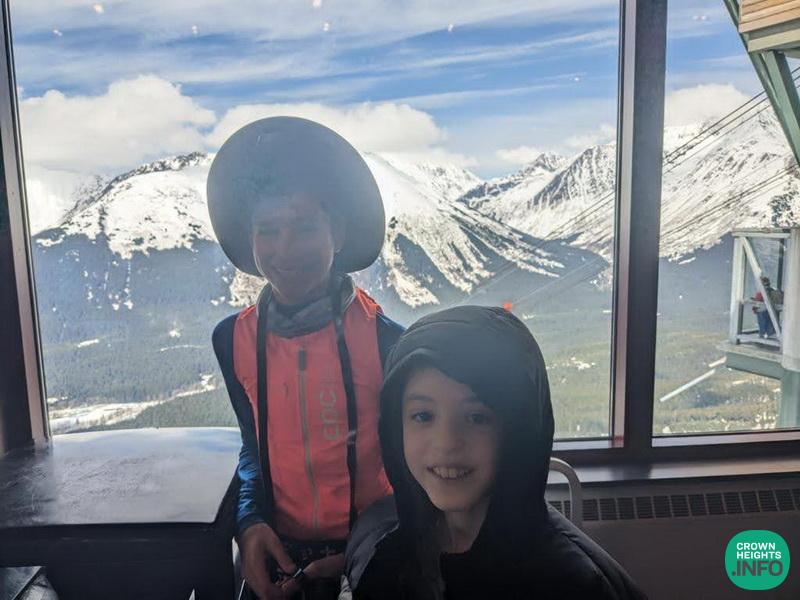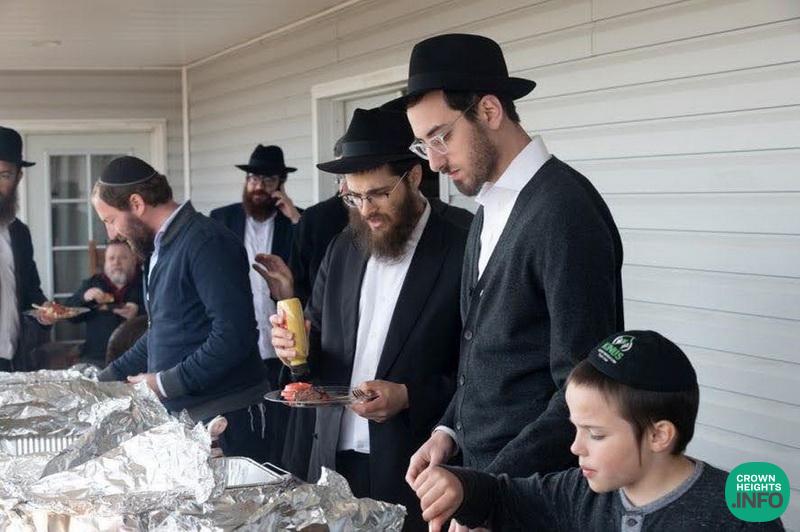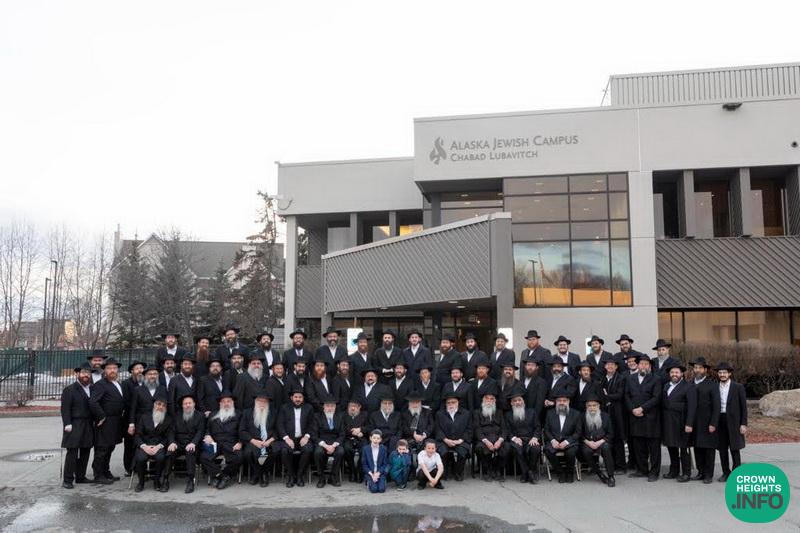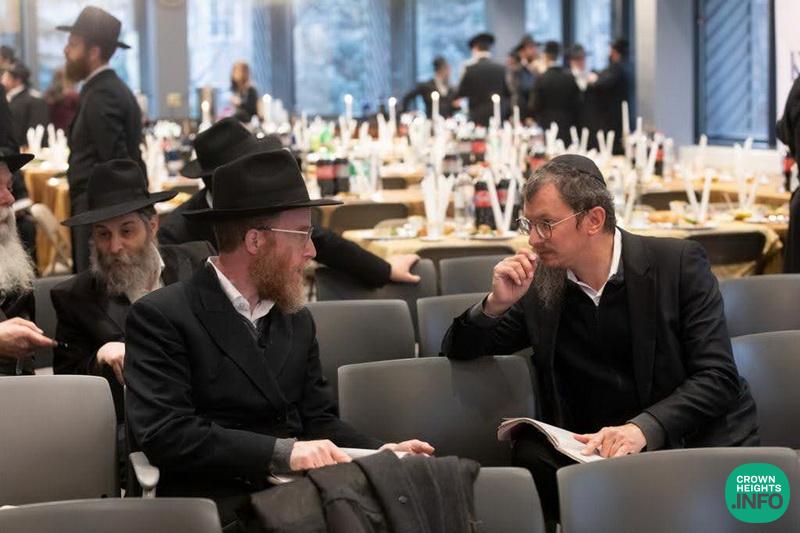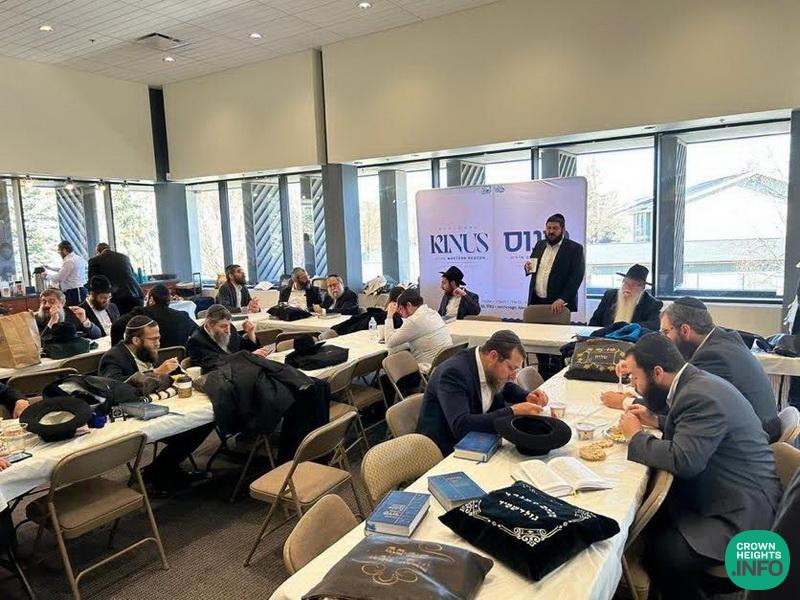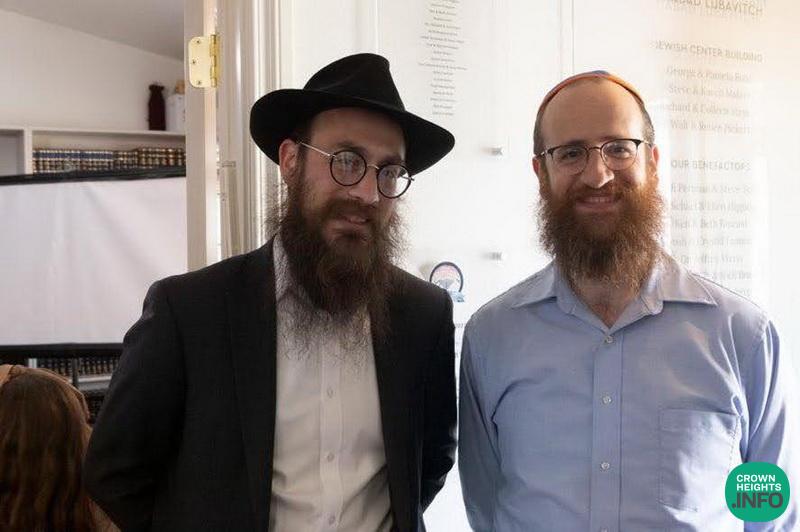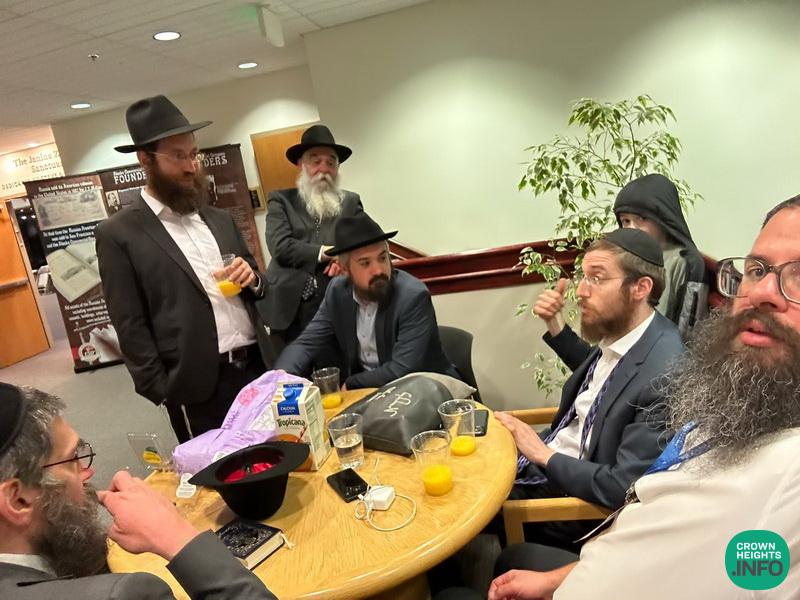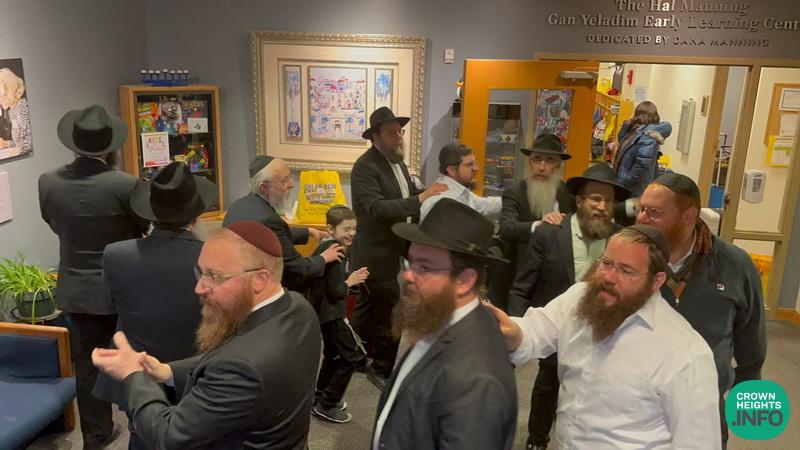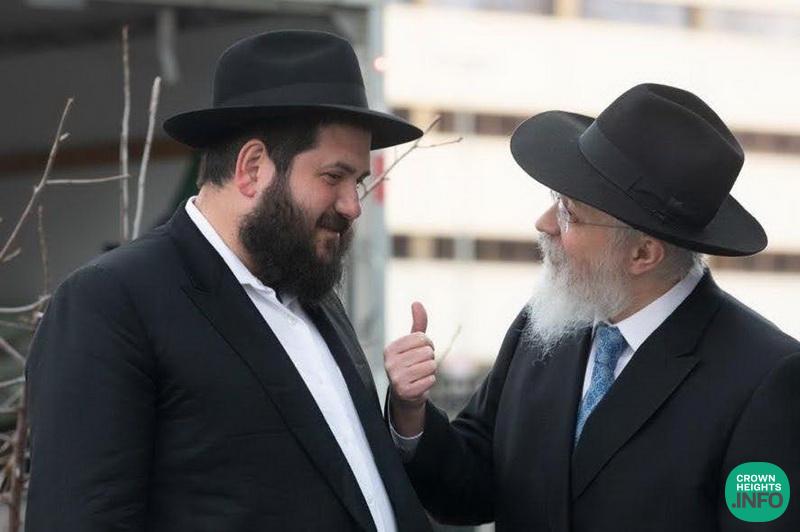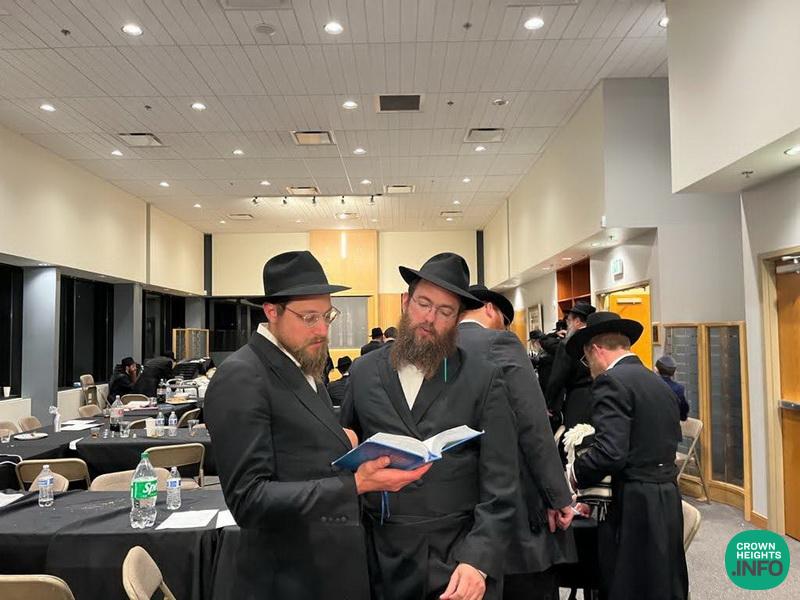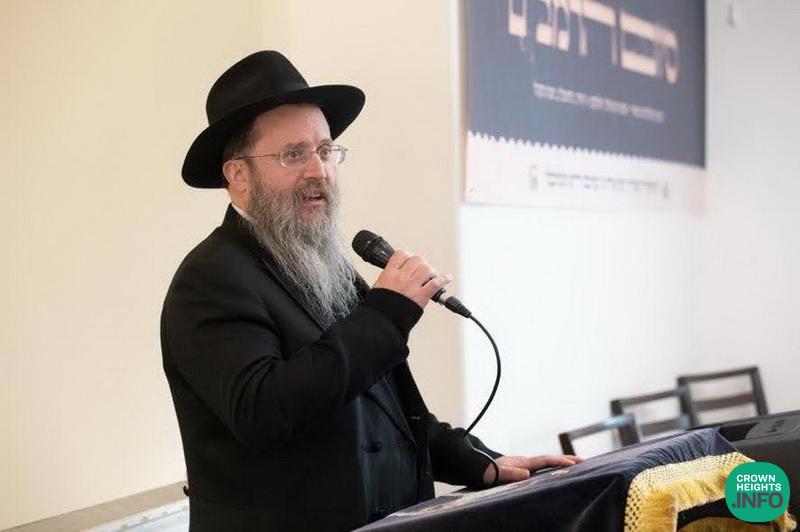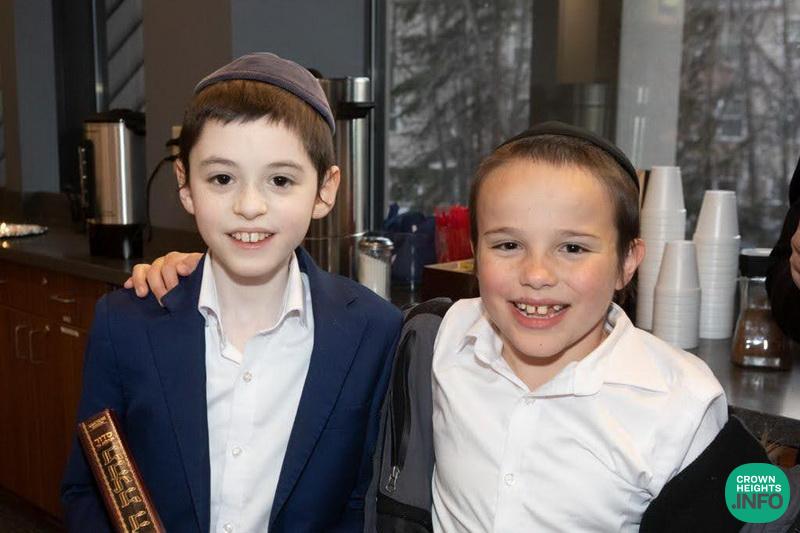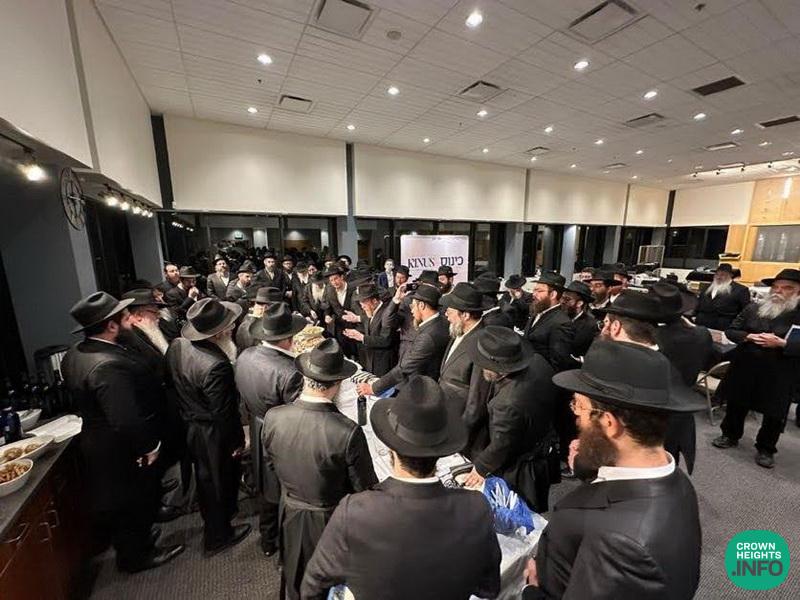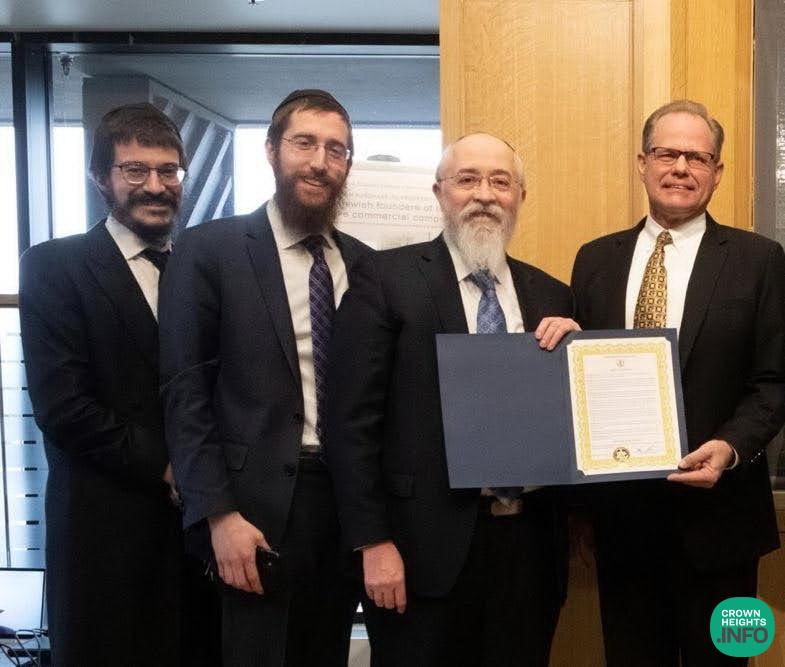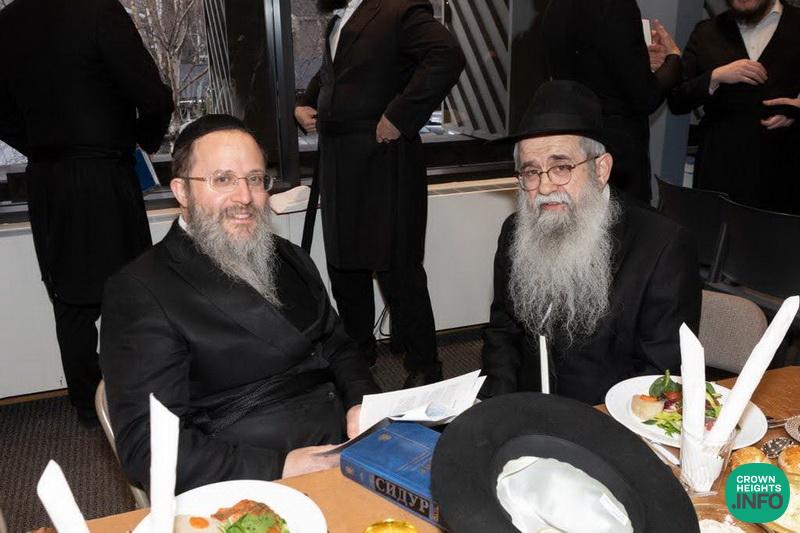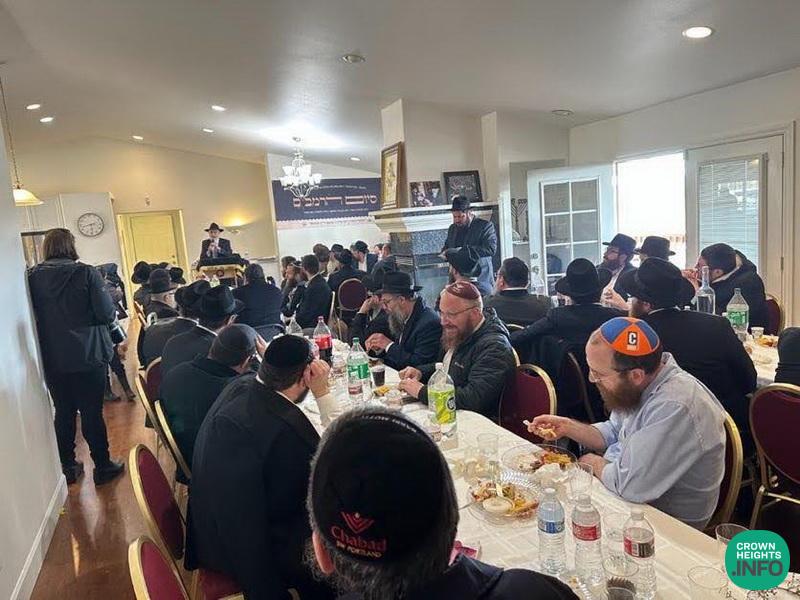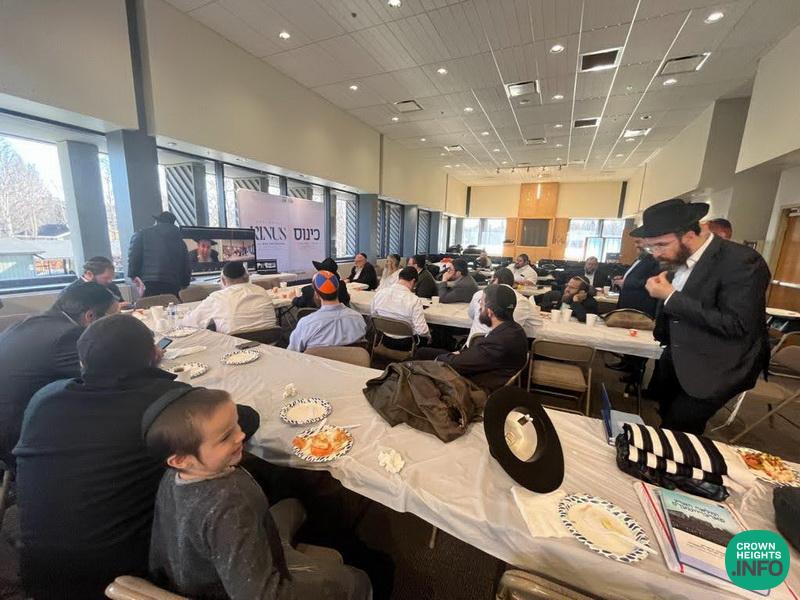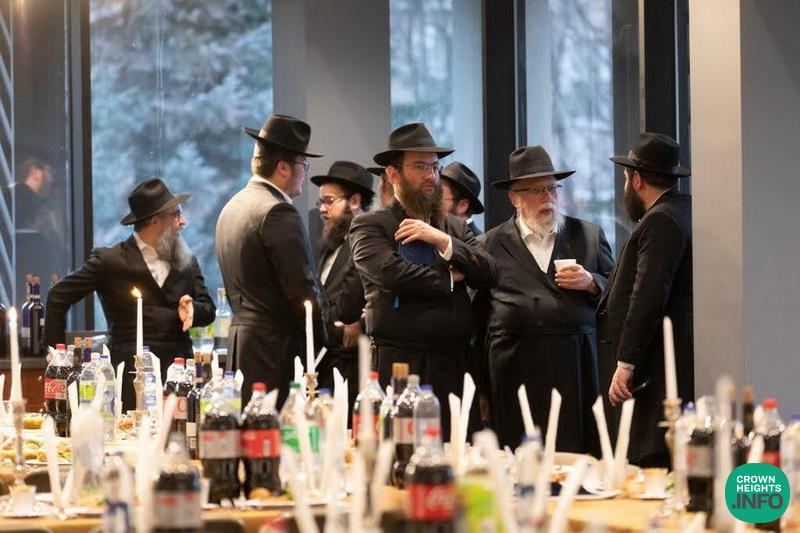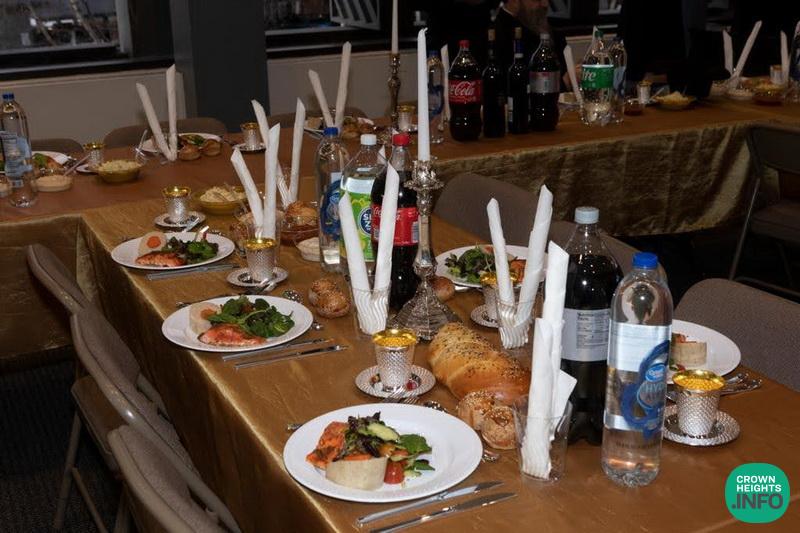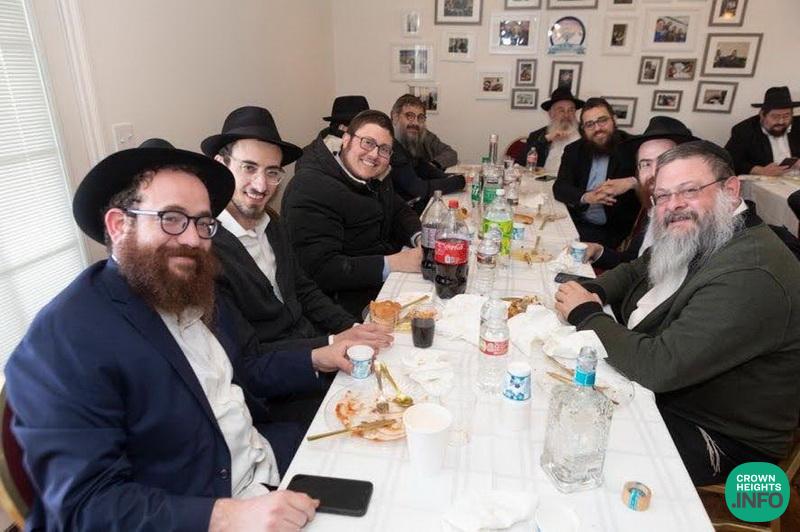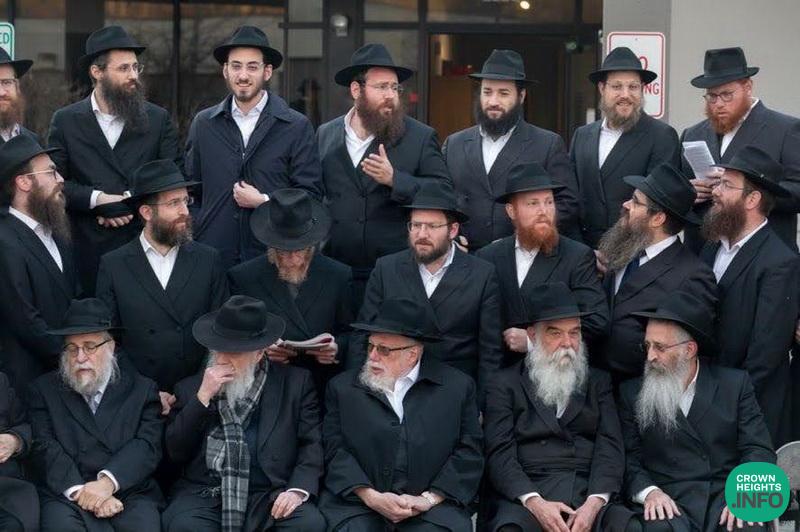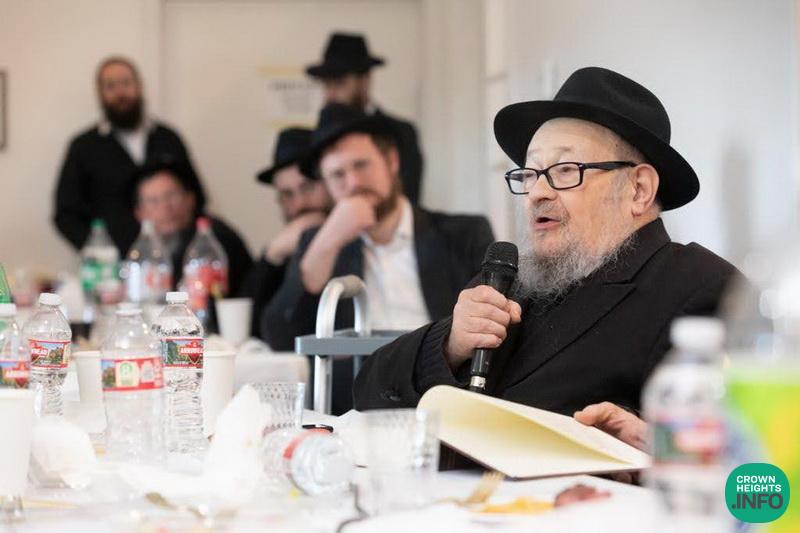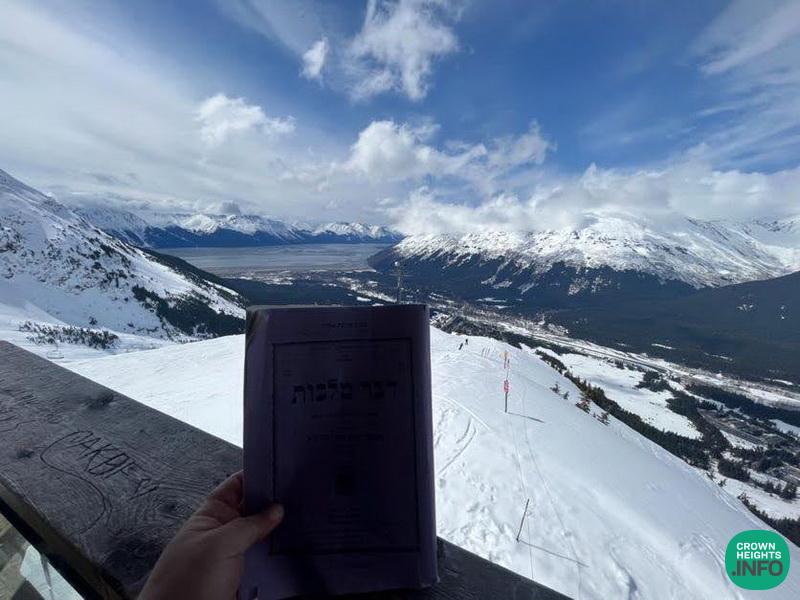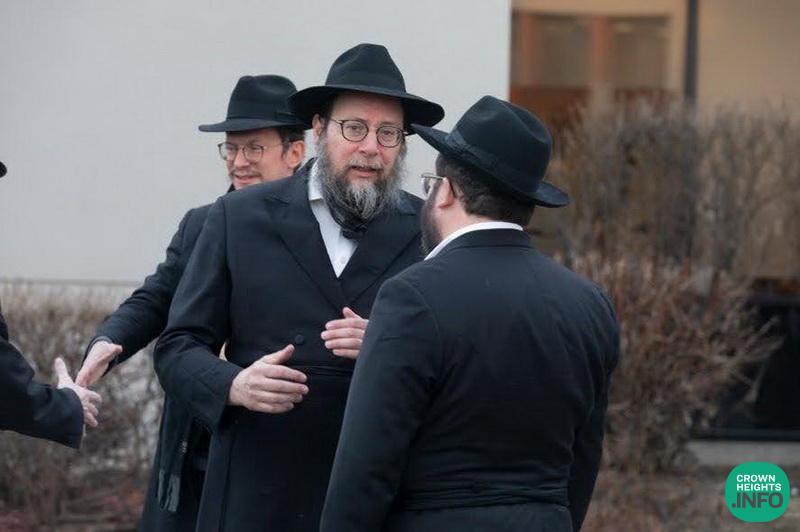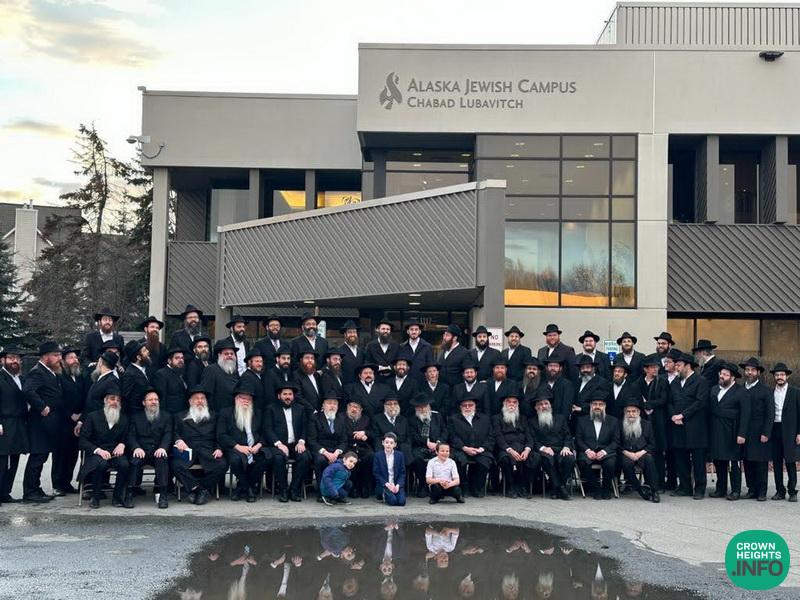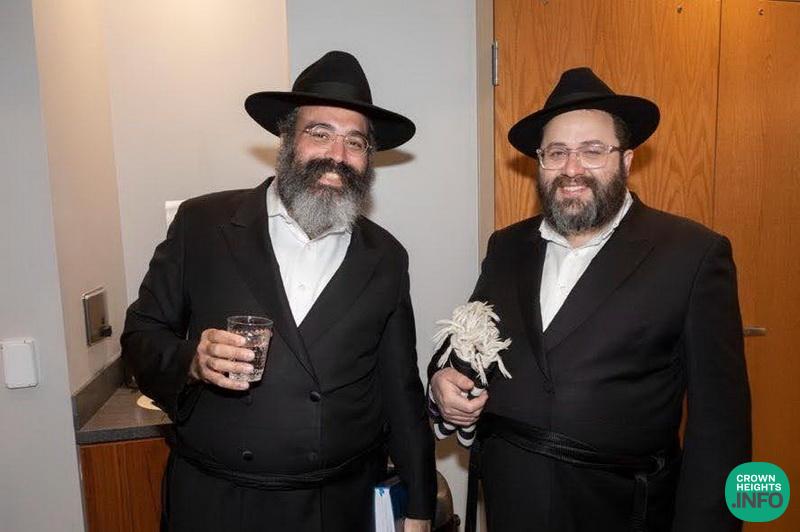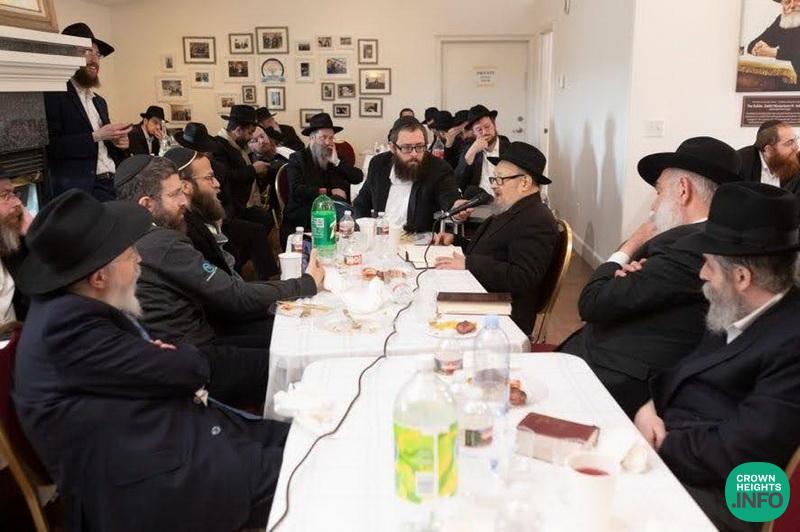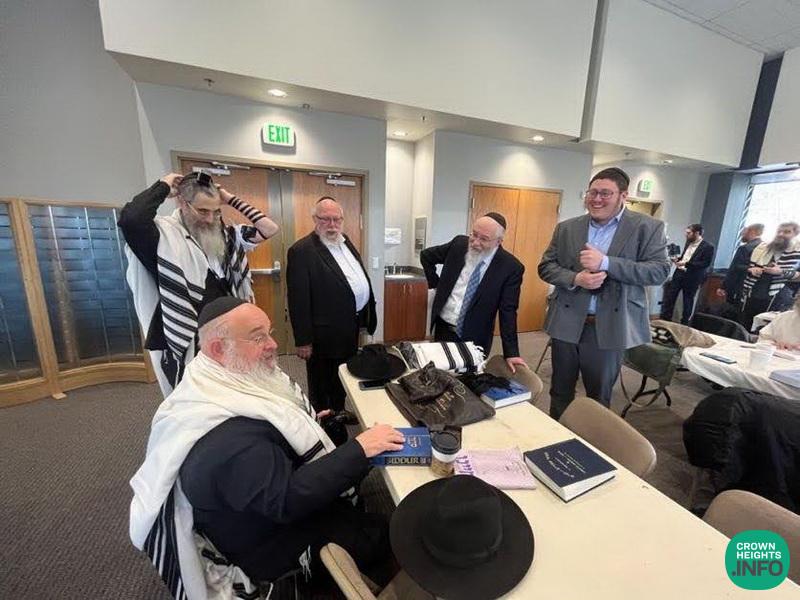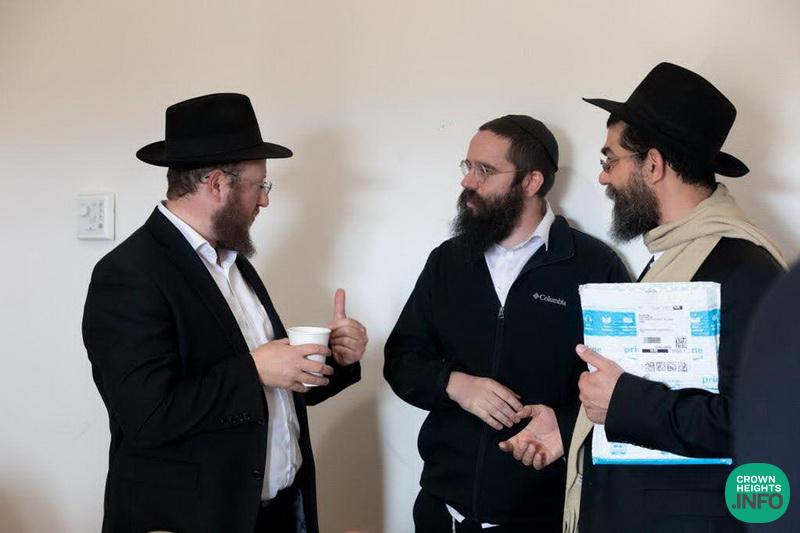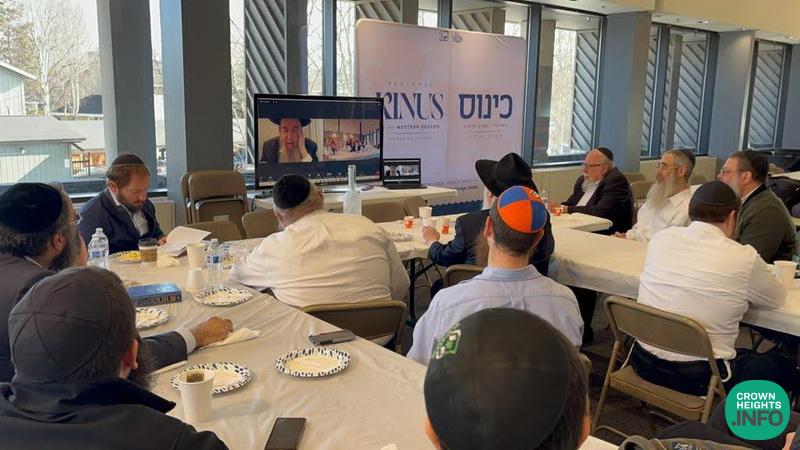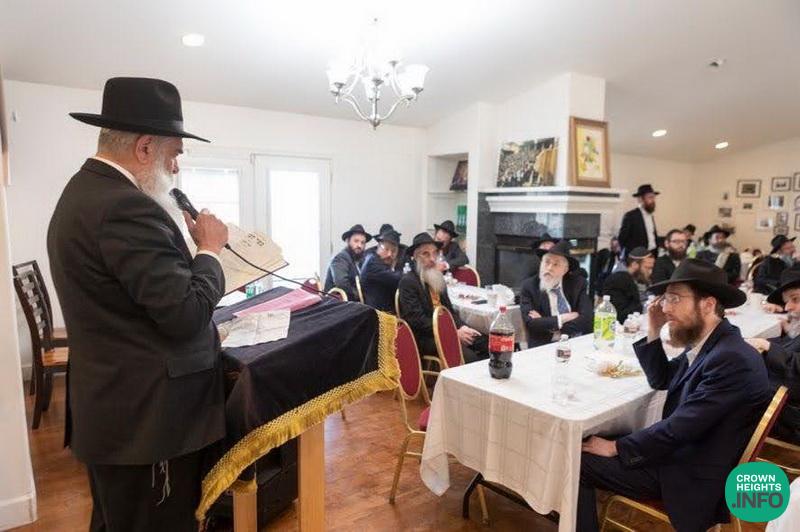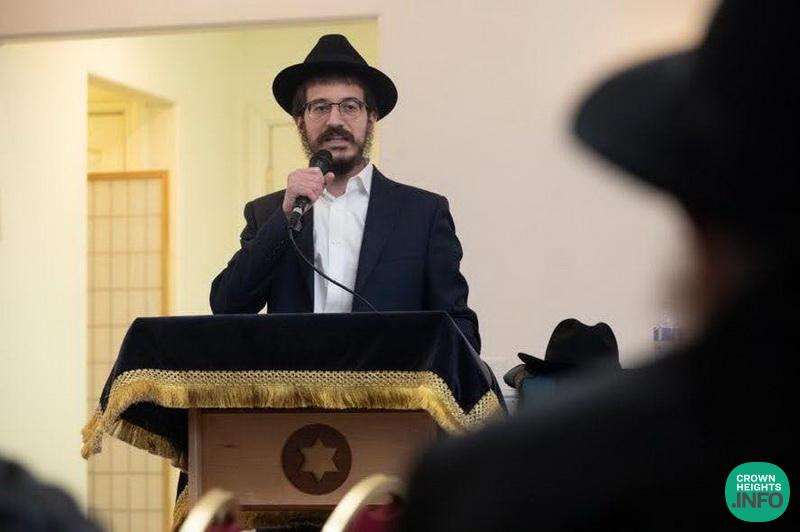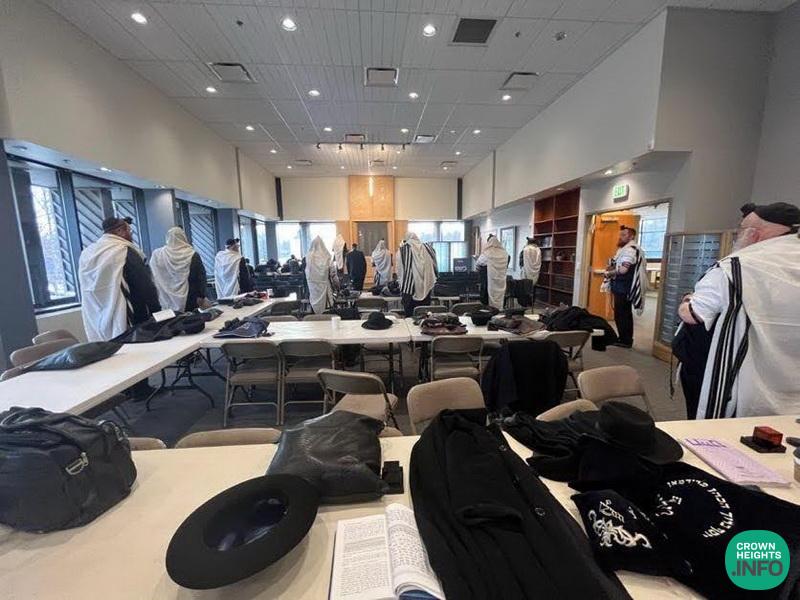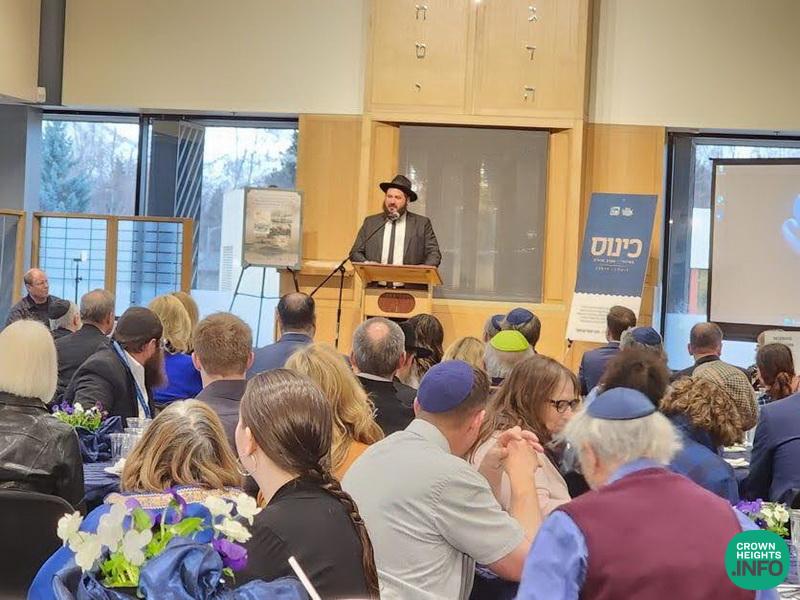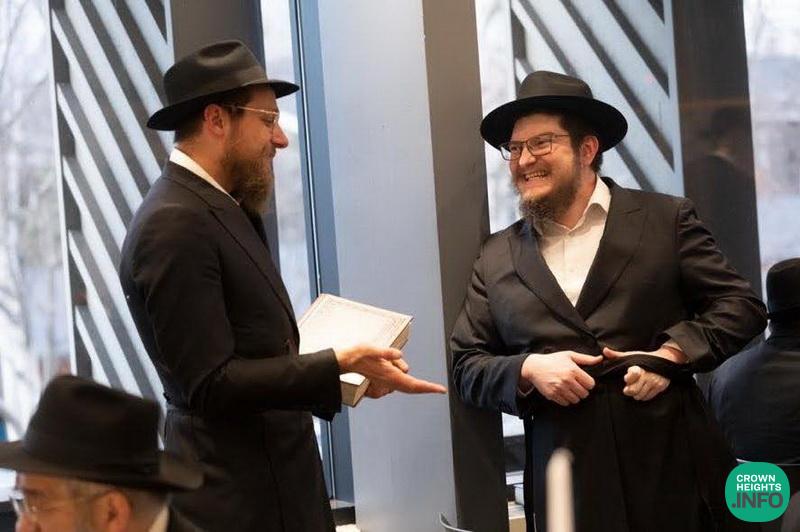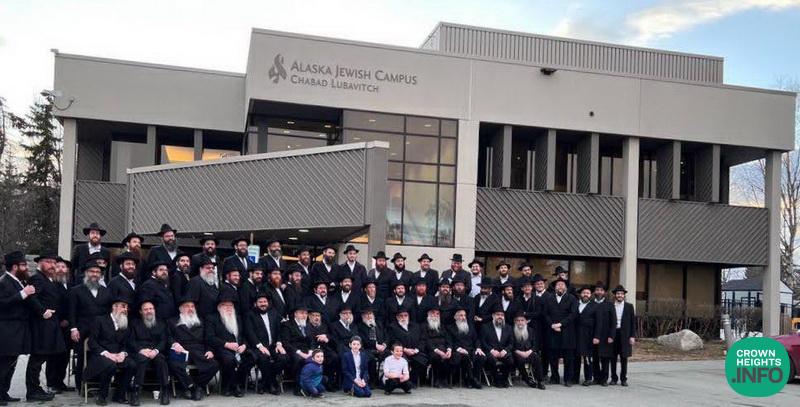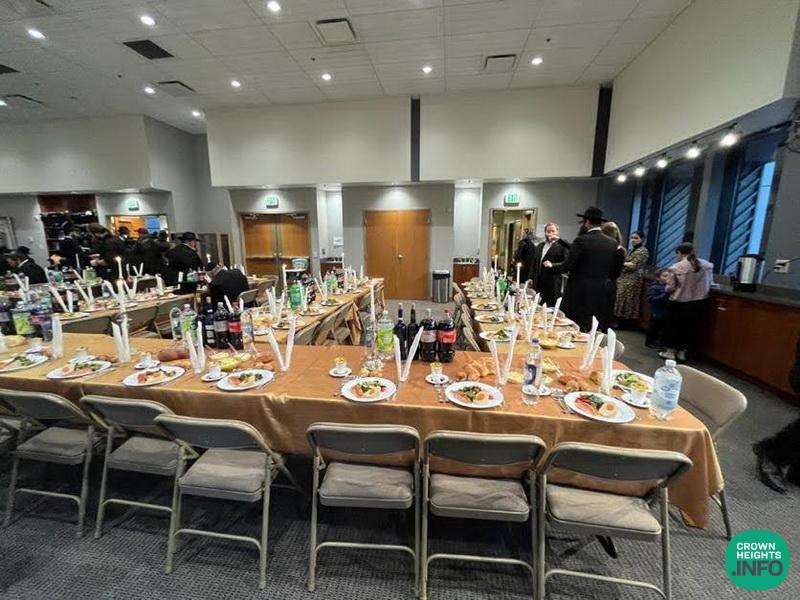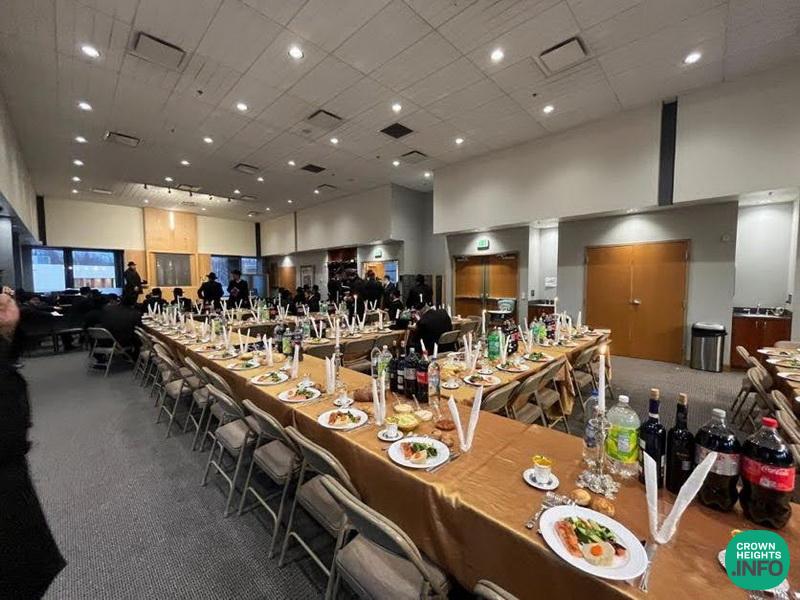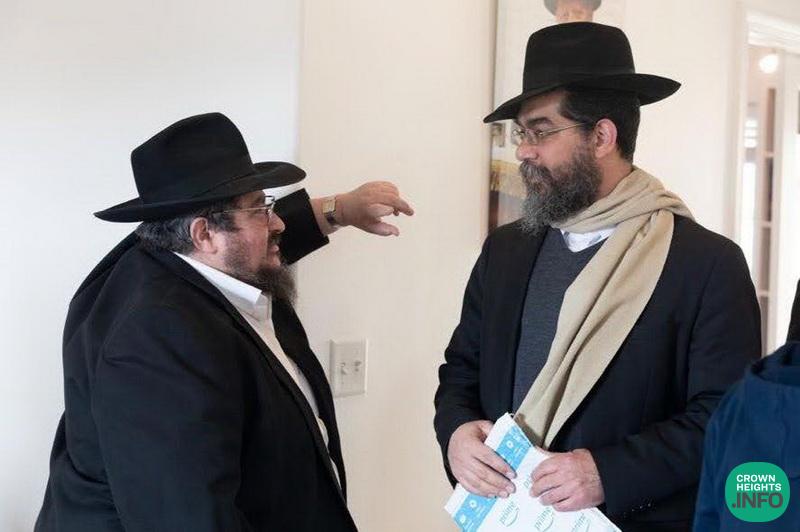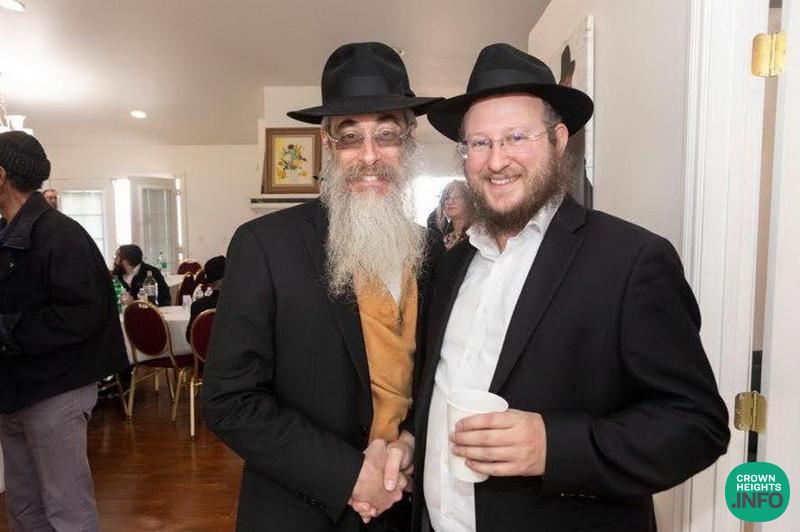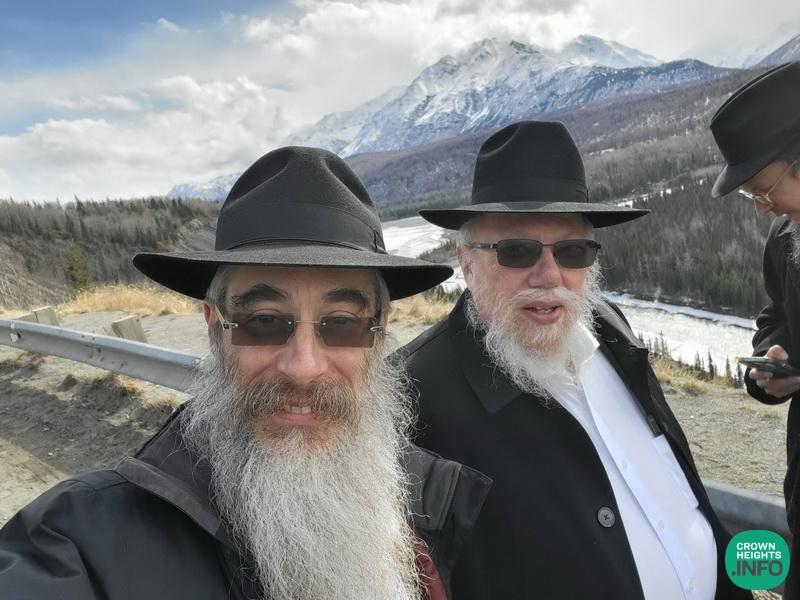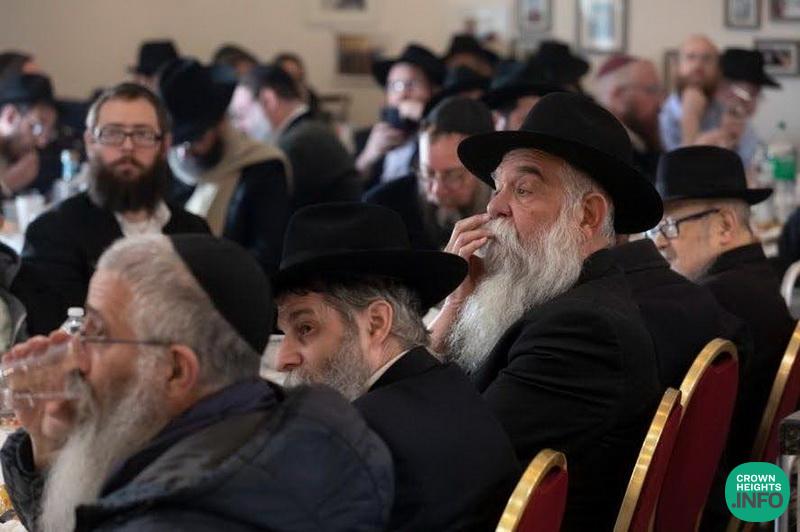
Highlighting Growth of Yiddishkeit in the Western Region, Kinus in Alaska Focuses on the Rebbe’s Approach to the “Remote Jew”
For the first time in over 20 years, the Chabad Jewish Campus of Alaska hosted the Western Regional Kinus Hashluchim. Hailing from 22 states across the western US and in the spirit of Shnas Hakhel, 70 Shluchim gathered to collaborate and further their unique shlichus predicated on the Rebbe’s view that no Jew is too “remote.”
As the Shluchim settled in on Friday morning, the Kinus was opened by Rabbi Moshe Kotlarsky, Chairman of the Kinus Hashluchim and Vice Chairman of Merkos, via Zoom. Rabbi Kotlarsky, who the Rebbe entrusted with overseeing regional Kinusim, emphasized the Rebbe’s unique attention to Western Regional Kinus and the region in general. Following the opening session, the shluchim made their way to the Mat-Su Jewish Center for a siyum led by Rabbi Mendy Greenberg and the start of the Rambam by Rabbi Mordechai Farkash and Rabbi Moshe Feller, respectively.
After heading back to the anchorage, Shabbos began with incredible energy. The seuda held with all the Shluchim together spontaneously turned into a beautiful Chassidishe farbrengen with many shluchim, including host shliach Rabbi Yosef Greenberg sharing their personal experiences and stories from the front lines. Lasting until the wee hours of the morning, Senior Shluchim, including Rabbi Moshe Feller, Rabbi Sholom Ber Levitin, Rabbi Moshe Wilhelm, Rabbi Yossi Shemtov, Rabbi Yosef Landa and Rabbi Zalman Levertov, shared experiences of their early years on shlichus and directives they received from the Rebbe.
The program continued Shabbos day with many local community members joining for davening and kiddush. Focusing on the Rebbe’s novel approach to reaching every Jew, ten shluchim and lay leaders presented talks of how their lives were affected by the Rebbe’s view that “there is no such thing as a small Jew.” Many anecdotes were shared about how the Rebbe’s unique interest and care for every Jew, even in the remotest locations, had touched their lives and impacted entire families and communities. In attendance was US Senator Dan Sullivan, who spoke of the incredible work of Chabad in the state of Alaska and across the world. He then presented the Congressional Record declaring Education and Sharing Day honoring the Rebbe. As hachlatos were made and spirits lifted, the developing Farbrengen continued until Mincha, which was held at 9 PM.
Concluding the kinus on Sunday evening was the Grand Banquet. Hundreds of community members participated, giving tribute to the Shluchim, together with numerous elected officials who were present, including the mayor of Anchorage, the lieutenant governor, and city council members. The banquet also saw the dedication of a new exhibition at the Alaska Jewish Museum of how Jews contributed to the United States’ purchase of Alaska.
In all, the kinus was a powerful weekend. The camaraderie and Shlichus experience shared by the Shluchim in the region uplifted them with renewed energy to return to their posts.
“When the western religion kinus Hashluchim started, there were 14 shluchim in 22 states. This year’s kinus hosted 70 shluchim, the largest yet and a testament to the fulfillment of the Rebbe’s vision throughout the region,” said Rabbi Mendy Kotlarsky, who represented Merkos L’Inyonei Chinuch at the Kinus.
Rabbi Yosef Greenberg of Chabad Jewish Campus Alaska remarked how the story of Chabad in Alaska and its hosting of the Kinus shows the possibility of what can be accomplished in places never thought possible. “When we came to Alaska, I could’ve never believed or expected to have a campus or a museum or another Jewish center. We never expected it and now we see the Rebbe’s vision being fulfilled. We feel privileged to host this year’s kinus and hope to be an inspiration for others to see what is possible.” noted Rabbi Greenberg.

